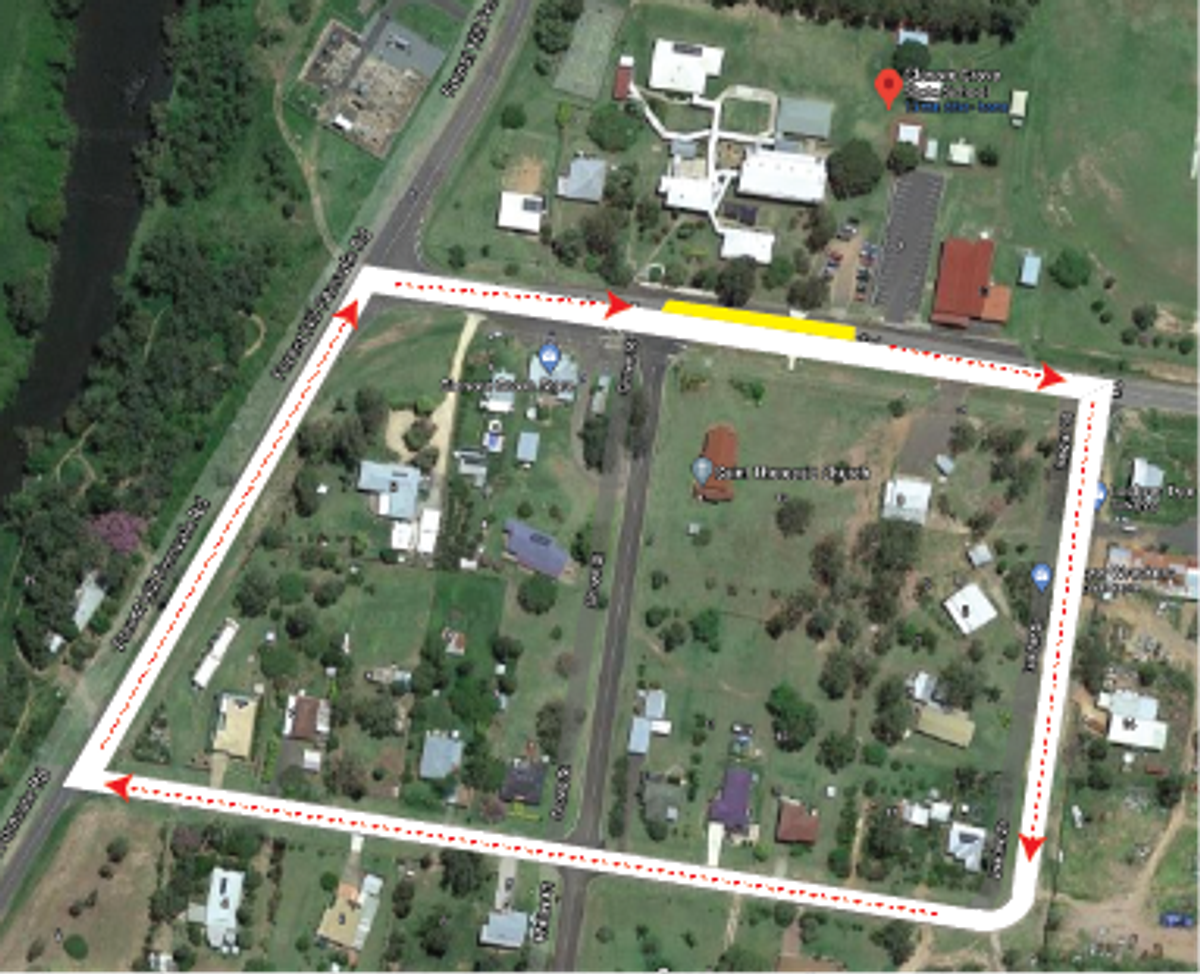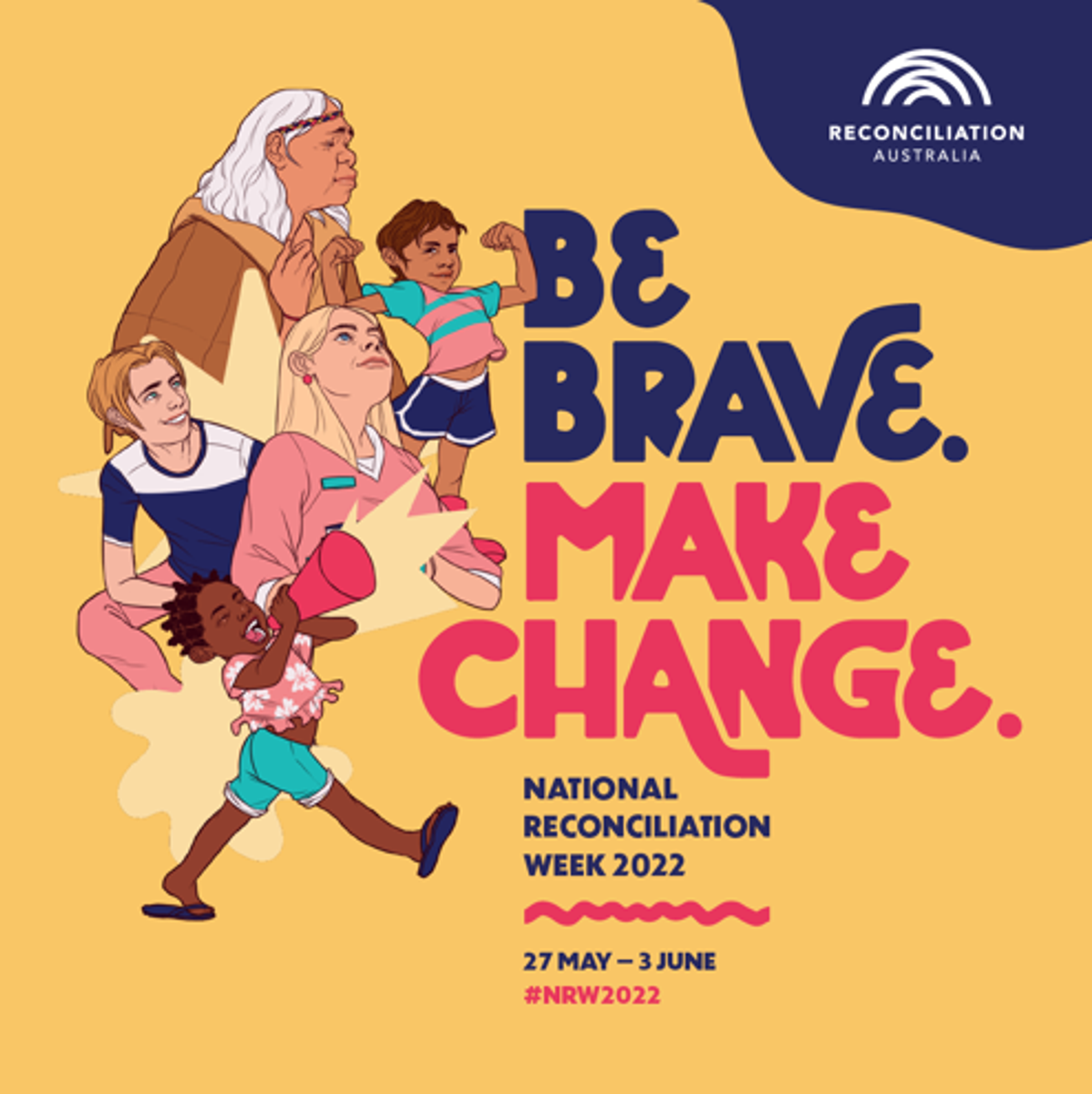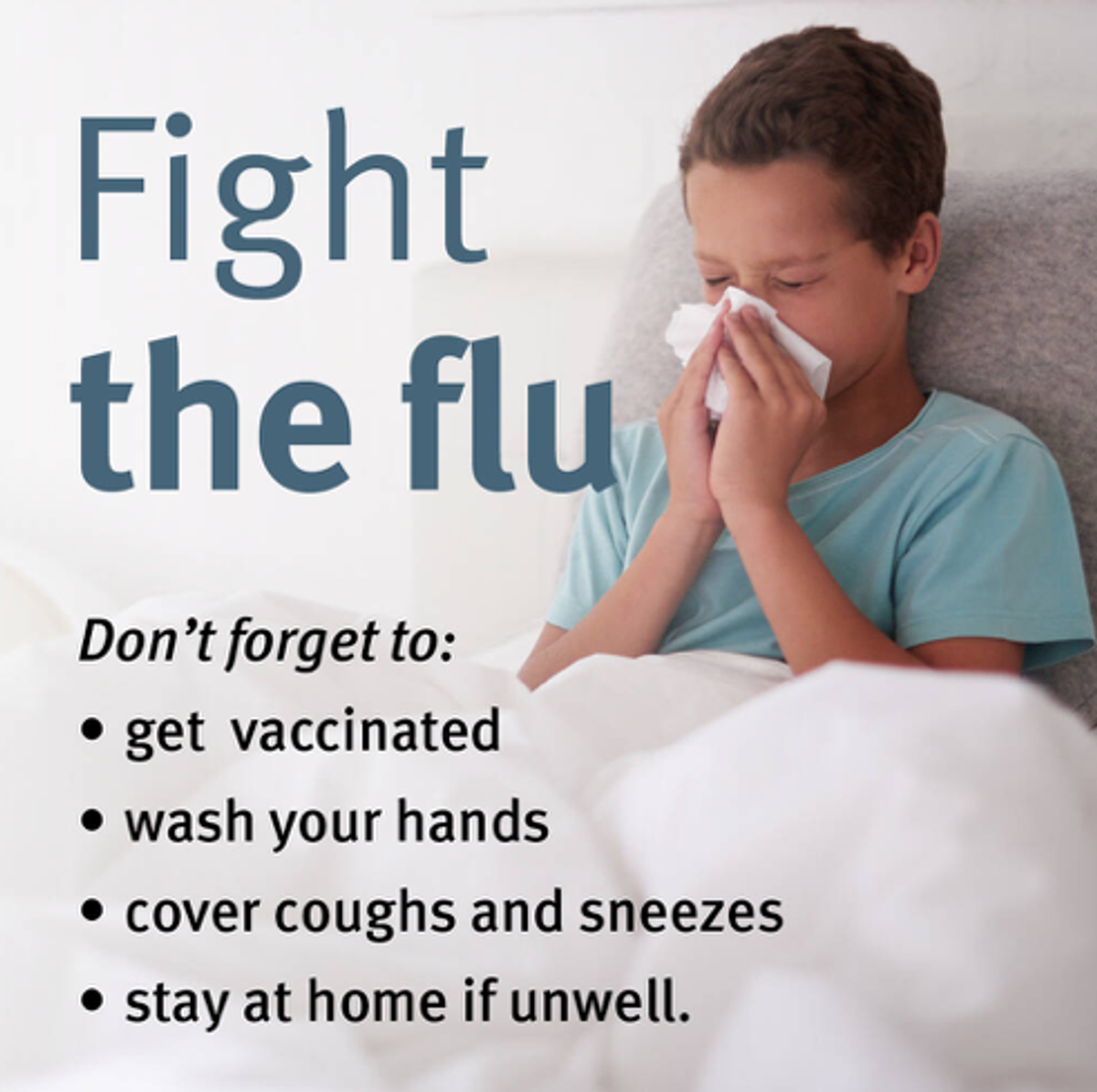From the Principal
Celebrating all things great at the Grove.

From the Principal
Celebrating all things great at the Grove.
Hasn't the weather gotten chilly & windy? As we head towards the end of term & a winter break I hope you all stay well and warm. Please send students to school in a uniform jumper or a navy jumper to handle this chilly weather. Trackpants or tights should also be navy in colour. All our air conditioners have now been updated and checked so as we hit those winter months & then summer our classrooms will be ready!
Some of you are aware that we have recently sold our house. We are moving over the next few week to a new home. I will be away for some days in week 9 & 10 to faciliate this move. I wanted to let you know that I am not leaving the school or retiring as some have asked. While I am away Mrs McDougall will be acting principal during this time. She always does an amazing job & I am very grateful for this.
Let’s be honest, saying “Be resilient!” is not helpful. Instead, give kids practical ways to make lemonade out of lemons!
“Resilience” has become a common word heard around schools and seems to be a big focus for both educators and parents. While we understand the importance of helping our children build emotional strength in the face of adversity, it is sometimes less obvious how to teach those critical skills.
We want kids to recognize the life lessons in tough situations and have the ability to ‘get back up on the horse’ and try again. However, in a world of Helicopter Parenting and click-of-a-button convenience, it is even more important to explicitly teach social-emotional skills to harness grit and resilience.
Here are a few strategies to help children strengthen their resilience:
from UR Strong


This event will be spread over 2 days this year.
Thursday - 16/6
Sprints - whole school
Field Events
Yrs 3-6 - oval
Prep - 2 - around the school
Friday - 17/6
800 metres
200 metres
Relays
Presentations
I had lots of requests from students that wished to trade Pokemon and we set up some processes around this for students to have this privledge.
Trading can only happen on Tuesdays, Wednesdays & Thursdays before school or at first break in the library, UCA or Admin if it is open.
Students should only bring cards to trade that are not special or valuable to them. The school will not be following up or investigating lost or stolen cards. Cards are not to be traded for money.
Students may lose the privledge to trade if they are not folllowing these rules. Unfortuately we have managed many incidents as staff on trading happening at inappropriate times, during lessons, or days. Some students have brought in money to buy cards.
I have discussed this with all students several times and staff are growing tired of managing this & the interruption to learning time. Trading these cards can support students building communication skills. The arguements and disruption to learning are beginning to outweigh this benefit.
Please discuss this with your students and reienforce this at home. The trading of cards has been removed from some students and if interruptions continues there will no further trading allowed at school.
Another reminder about the safety of using our drop off lane correctly. We have started putting cones out again to ensure the bus has the needed space to park to collect students. Parents are to stay in their car and keep moving forward to ensure there is room for more cars. We have also witness cars doing u-turns across double lines and over painted islands. Please ensure you are following these guidelines for the safety of all.


Please continue to make payments for student resources and camp, regular payments help to make a different to your amounts owed. End of term statements will follow as we progress through the term.
National Reconciliation Week (NRW) is a time for all Australians to learn about our shared histories, cultures, and achievements. NRW, which is held from 27 May to 3 June, provides an opportunity for all of us to explore how we can contribute to achieving reconciliation in Australia. This year’s theme is: “Be Brave. Make Change”, which presents a challenge to all Australians to tackle the unfinished business of reconciliation for the benefit of all Australians. The dates for NRW commemorate two significant milestones in the reconciliation journey: the successful 1967 referendum, and the High Court Mabo decision, respectively. For more information and some great resources, head to the NRW website.


The flu is a serious illness for everyone, and while people with underlying health problems are at a higher risk of complications, healthy individuals can get really sick, too. It is not possible to predict how severe the 2022 season will be, however, a low incidence of flu in one year could result in a severe season for those who haven’t been vaccinated or had natural exposure to flu viruses previously. Vaccination remains the most effective way to prevent both children and adults from getting the flu, becoming seriously ill from the flu, or passing it on to others. For more information visit, https://tinyurl.com/9h7ebhu2.

